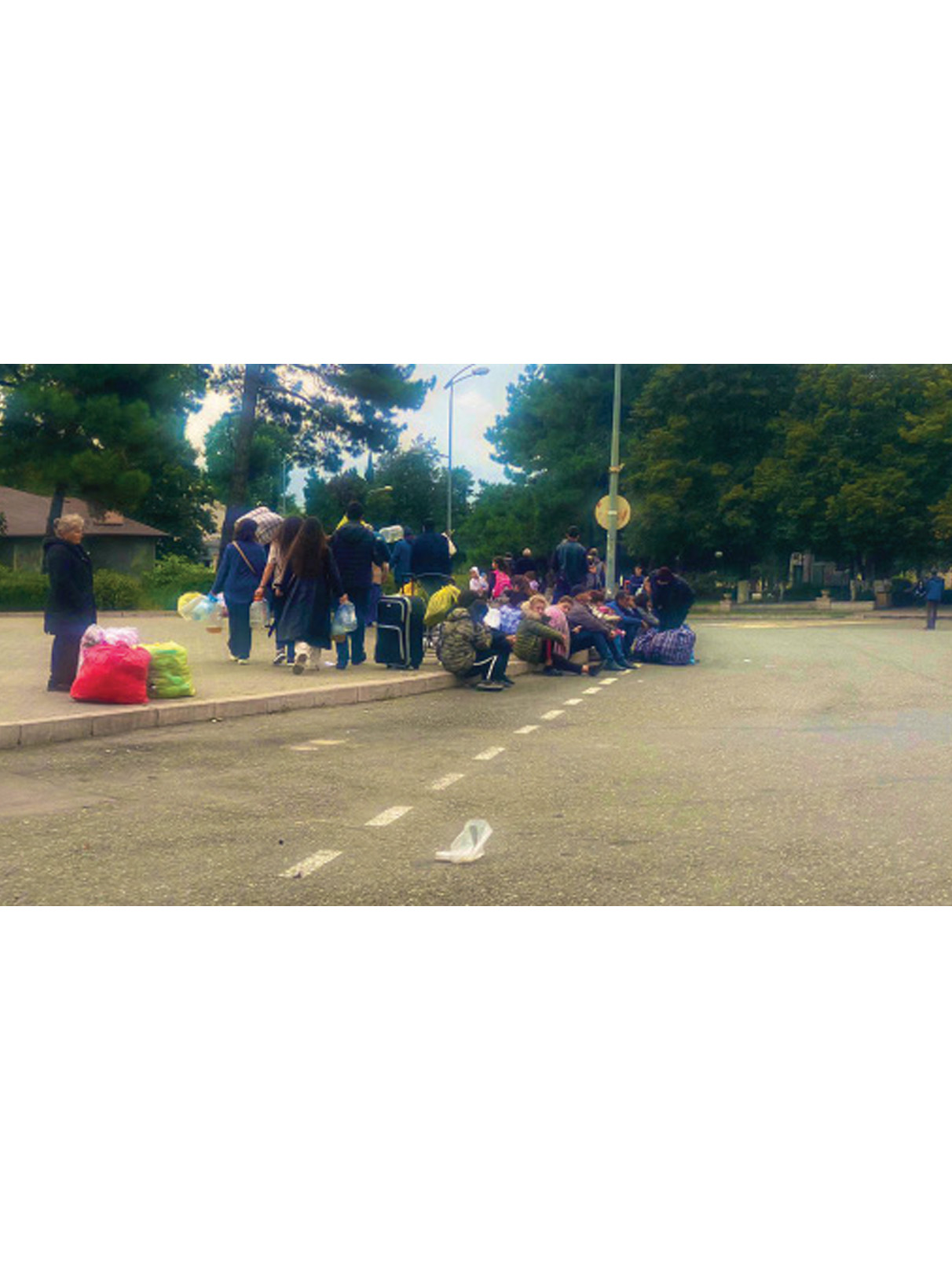BY YEGHIA TASHJIAN
the deepening crisis of climate change in the Middle East, Afghanistan and some African countries, thousands of migrants have sought refuge across the world, mainly in Europe. The main motives behind this emigration are seeking a better life with regard to socio-economic conditions and escaping political uncertainty and insecurity. However, amid the rise of far-right populist and conservative movements in Europe in recent years, European countries have been reviewing their refugee policies.
For example, according to the Migration Observatory at the University of Oxford, 132,000 applicants sought asylum to the United Kingdom in 2022, hoping to be granted refugee status. However, since 2023, the number of asylum applicants awaiting a decision has decreased, as the British government has withdrawn many asylum applications and adopted harsher measures for asylum seekers.
Now, the UK will deport a group of 5,700 asylum seekers to Rwanda in the coming weeks, Reuters reported on April 29. Under a scandalous law known as the “Safety of Rwanda Act,” which was passed in the UK, asylum seekers who arrived illegally in the UK after January 1, 2022 can be deported to Rwanda. Official documents show that more than 50,000 people are eligible to be deported. The Irish government has argued that the UK’s plan to deport asylum seekers to third countries (mainly to Rwanda) is encouraging more immigrants to enter the Republic of Ireland.
On April 22, the British newspaper The Independent published an article reporting that the UK previously negotiated with other countries to harbor the asylum seekers. The UK reportedly approached Armenia regarding a Rwanda-style deal to house asylum seekers deported from Britain, but the latter did not accept such an agreement. The UK has also sought agreements with third countries such as Ivory Coast, Costa Rica and Botswana.
The Times newspaper said: “The [UK] government pressed ahead with talks with representatives from these countries on agreeing a similar UK-Rwanda deal, although progress with all four has stalled because of ongoing problems with the Rwanda deal.”
Although Armenian authorities confirmed that the UK approached them with this deal, they added that there have been no further negotiations or any agreement. According to Nelly Davtyan, the deputy head of Migration and Citizenship Service within the Armenian Ministry of Internal Affairs, the ministry “is not and has never been involved in such negotiations.” Moreover, Deputy Foreign Minister Vahan Kostanyan added that Armenia is already suffering from a refugee crisis, as 108,000 Armenians from Artsakh were forced to leave their homeland last year by Azerbaijani aggression. Hence, hosting UK asylum seekers would be an additional burden on Armenia.
“To bring just one figure to you, only for the housing issues with these people we’ll be needing €1.5 billion. Now, we are negotiating with different private donors and banks for this. We’re allocating €100 million for financial support for these people, and we are paying the educational fees for the students who came from Nagorno-Karabakh for university. All this means we have a lot of problems,” Kostanyan said.
This is not the first time the UK has attempted to deport asylum seekers to third countries. In 2020, according to the Guardian, the UK approached Moldova, Morocco and Papua New Guinea with a similar proposal.
Armenia, which is facing economic and political challenges, cannot host immigrants and resettle or integrate asylum seekers who are not familiar with Armenian culture. They may face difficulties with employment, housing and social challenges, which the government is not able to tackle, as thousands of Artsakh Armenian refugees are still facing similar issues. As such, Armenia first needs to solve its refugee problem and attract funds and humanitarian aid to address the needs of Artsakh Armenian refugees, providing them with the necessary conditions to prevent their immigration abroad.

